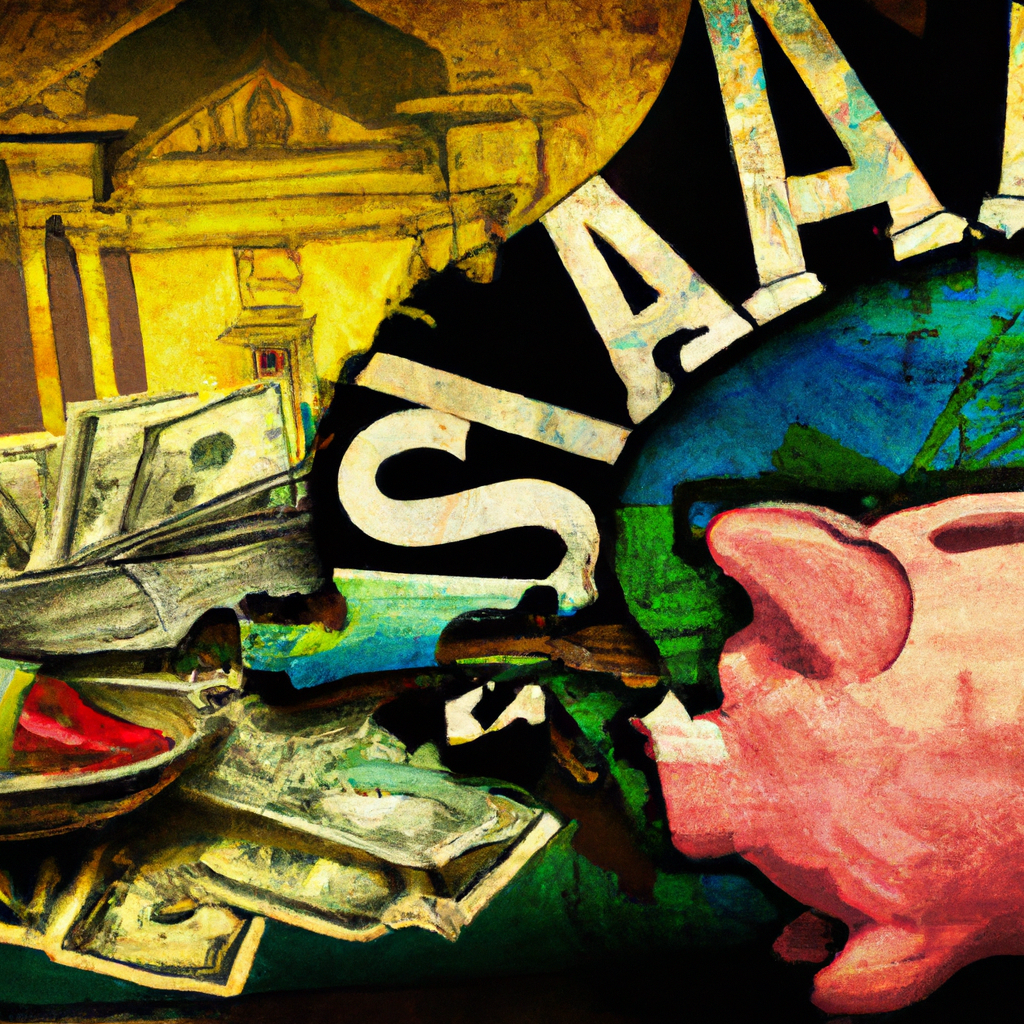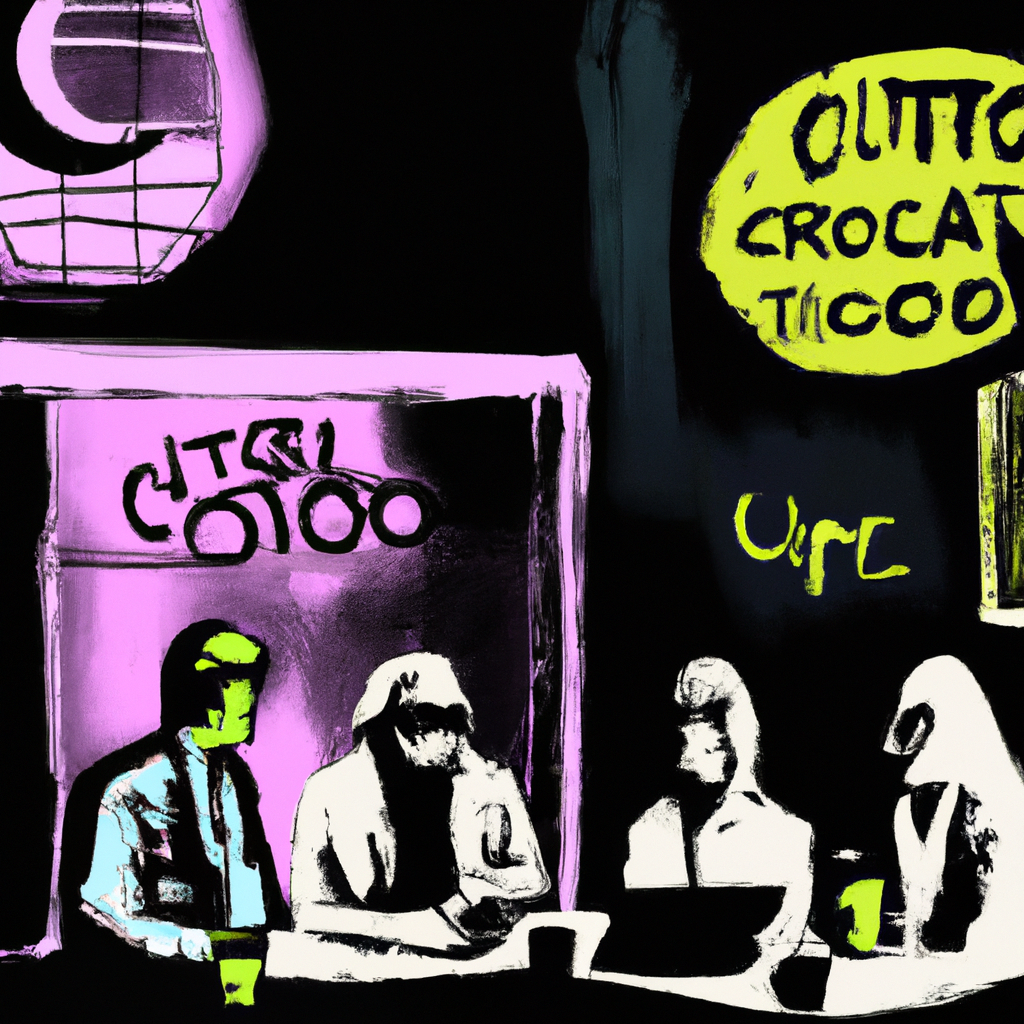In the grand theatre of politics, where each act is more dramatic than the last, the Trump administration’s demand to ‘undo’ SNAP benefits adds a plot twist worthy of Shakespearean intrigue. Imagine a world where the powerful play tug-of-war with the dinner plates of the vulnerable. This isn’t dystopian fiction; this is November 2025 in America.
The Claim
The Trump administration has demanded that states retract full Supplemental Nutrition Assistance Program (SNAP) payouts after the U.S. Supreme Court stayed previous rulings. This legal seesaw has left states in a financial lurch, with warnings of ‘catastrophic operational disruptions’ echoing through Capitol corridors.
What We Found
On a quest for truth, we dove into the depths of public records and credible news sources. The situation is as chaotic as a rock concert mosh pit — the Trump administration’s sudden pivot comes after states, under judicial order, disbursed SNAP benefits to millions. Now, they face a grim choice: retract benefits or risk financial chaos.
Wisconsin, a case study in this bureaucratic ballet, disbursed benefits to 700,000 residents. Yet, with the U.S. Treasury halting reimbursements, the state anticipates a fiscal cliff by Monday. The Trump administration’s about-face, labelling these payments as ‘unauthorized’, leaves states dangling over an abyss of unpaid vendors and potential legal battles.
Cultural Context or Why It Matters
This SNAP saga is not merely an economic skirmish; it’s a reflection of broader societal values. At its core, it questions how we as a society measure worth — is it in dollars saved or lives sustained? This moral maze challenges us: when did feeding the hungry become a political pawn?
Consider this: if the most vulnerable are left in the lurch, what does it say about our collective humanity? Are we, as a society, willing to let bureaucracy dictate who eats and who doesn’t? This SNAP debacle is as much about ethics as it is about economics.
The Sources
The SaltAngelBlueVerdict: Misleading
The demand to ‘undo’ SNAP benefits without clear restitution is misleading, placing an undue burden on states and vulnerable populations.





